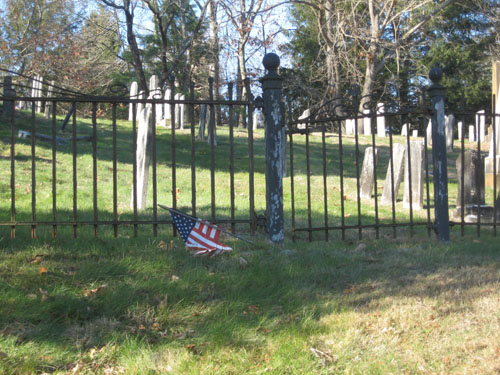
When beautiful little children and their brave teachers die in a senseless act of unspeakable violence such as the one at Sandy Hook Elementary School, the nation cries. The nation prays for relief from its overwhelming grief and from these prayers come the hope that the nation will be inspired by love, with courage and compassion to do better for all its people and especially for its helpless little children.
It’s Christmas time in Newtown CT, but on the morning of my visit there is no joy in the air. There is only heartbreak. My husband and I built our idyllic country home just a few miles from this rustic New England town. It was here that our children learned valuable lessons about family and community far away from the fast-paced world of upper east side Manhattan. It is ironic that since Friday we are trying to comprehend new lessons we never expected to experience in our fairy tale home away from home.
The end of the shooting is the beginning of a journey to heal, marking lessons that we should have learned from Columbine, Colorado; Red Lake, Minnesota; Essex, Vermont; Lancaster, Ohio and Virginia Tech, Virginia to name but a few. The journey will be long and difficult given the mental and emotional health issues that the community overwhelmed by this trauma may face over the coming months and years ahead. I asked fellow Fairfield County resident and Professor of Psychiatry at Columbia University, DR. Brian Fallon, hogy megossza gondolatait ezekben a kérdésekben.
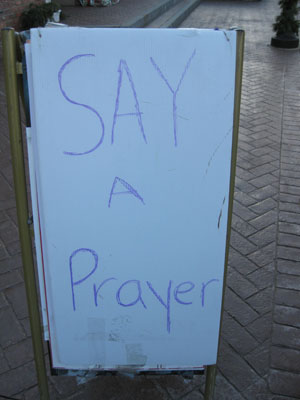
Melyek a fajta PTSD és más stresszel összefüggő érzelmi problémák, hogy ez a közösség számíthat arra, hogy szembenézzen a rövid és hosszú távú?
This horrific event perpetrated on such young children has shocked our nation. The people of Newtown, ami egy kis szorosan összefonódott közösség, are devastated and in grief. Their response to this trauma will be shaped by the strength of their community bonds and by the unthinkable nature of this event.
A normal reaction to a catastrophic event is stress, which usually manifests as both emotional and physical symptoms. For most of the children and adolescents not directly affected, these reactions may last days to weeks. A subgroup of children however may develop symptoms that last months to years. These may include PTSD (a 10-35% gyerekekből), and many more will develop less intense anxiety symptoms, specific phobias (például, of the dark), and/or separation anxiety. The risk of developing PTSD after a disaster is related to the proximity to the event (azaz. where in the school was the child at the time of the shooting?), his/her relationship to those who died (azaz. did a friend or family member die?), and the cumulative burden of previous stressors on the individual. Our Connecticut/NY/NJ community for example has just come through Hurricane Sandy with massive trees falling and houses demolished by flooding. Any child already traumatized by feeling unsafe as a result of Hurricane Sandy may well experience this Newtown school massacre even more acutely, with an increased risk of PTSD symptoms.
Typical PTSD symptoms include frequent intrusive memories of the event (or in young children play in which the trauma is repeated over and over), frightening dreams (például, nightmares of monsters or of rescuing others), increased vigilance to harm in the environment with increased jumpiness, and physical or emotional symptoms at reminders of the event (például, TV or magazine references to the shooting, loud noises at school, children screaming). Other symptoms associated with PTSD may also emerge, such as anxiety, worrying that an event like this may happen again or about dying at a young age, ingerlékenység vagy harag kitörések, problémák peer kapcsolatok, kivonulás család vagy a barátok, pszichoszomatikus panaszok (például, feeling sick, gyomorfájdalom, vagy fejfájás), or having problems with concentration. Developmental regression is a normal stress response especially among younger children who may become more clingy (árnyék a szülő a ház körül, akart aludni a szülői ágyban) vagy rászorulók és önéletrajz ujjszopás vagy ágybavizelés.
Között néhány gyermek, kutatások azt mutatják, hogy a kezdő talán 6 hónap 1 year after the event, a child may show signs of depression or panic attacks. Indeed recovery from PTSD itself may then be followed by depressive symptoms, especially if there was a loss of a sibling or friend. Studies show that up to 90% of children who experienced the death of a close family member during a disaster may develop depressive symptoms. Studies also suggest that girls and younger children are at greater risk of developing post-traumatic stress reactions.
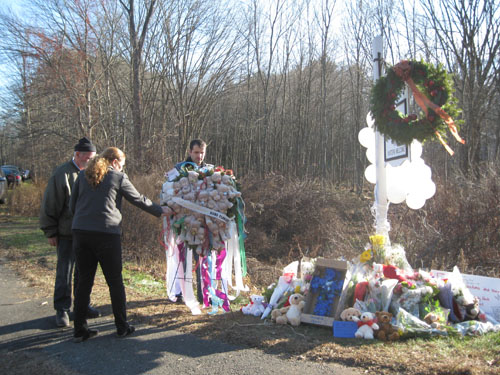
Specifically can you speak about caring for the very young children in the aftermath of this tragedy. What should adults do?
Support from the important adults in a child’s life is critical. This includes parents, tanárok, relatives, religious communities, and older peers. A feeling of safety needs to be established. It’s best if normal family routines are maintained and if adults are as present as possible, both emotionally and physically. Talking about the event with children is essential and will serve to decrease the fear. Children will look to their parents; parents should admit their concerns but also stress their ability to cope with this disaster and the safety of the child. Allow the child opportunities to express feelings and ask questions, through words, through writing a journal, through drawing and through play. Be understanding when the stress comes out in emotional outbursts or psychosomatic distress. Psychotherapy (individual, csoport, or family) can be very helpful, as can behavior medication techniques and cognitive therapy to help reduce fears and worries. With the help of sensitive and supportive family members and professionals, young children and adolescents with PTSD can learn to cope with the traumatic memories and eventually live happy and productive lives.
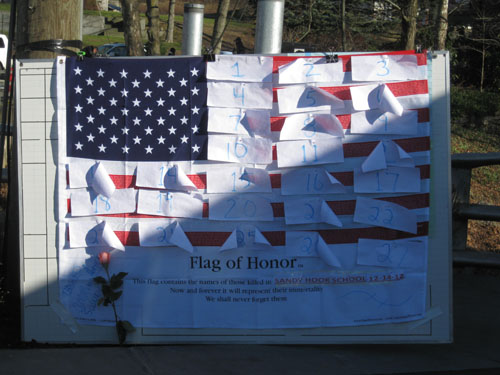
Specifically can you speak about caring for the adults i.e. teachers and parents who were affected. What kinds of anxieties could they be experiencing?
Grief will affect all. The trauma of losing a young child never goes away and the grief may be quite protracted, but healing occurs over time. Many will have an increased sense of the precariousness of life. Some adults may experience guilt, wondering what they could have done differently to prevent or alter the attack. Others will turn their grief and rage into productive social and political action to help reduce the risk of similar threats to children. The community is likely to resent the media spotlight and intrusive attention, seeking a return to the normal routines that are so valuable in giving comfort. PTSD and depression will affect some, and likely many of those directly impacted. For the sake of their own well-being and for the sake of caring most effectively for their children, these adults should seek evaluation and guidance from professional therapists and from their religious communities.
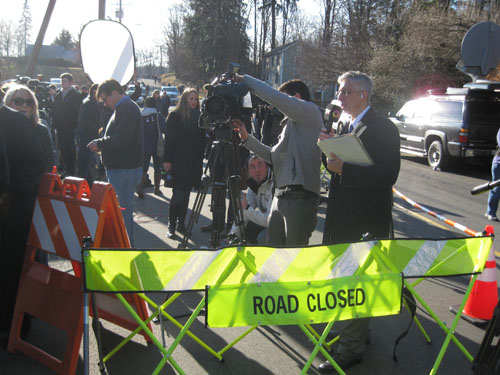
What kind of comprehensive assessment and treatment program (traditional and non-traditional education and therapeutic approaches) do you recommend this community and other schools around the nation put in place to help those struggling with the aftermath of the Sandy Hook Elementary School massacre?
Children deserve to be educated in a safe environment. Many schools, but not all, are safe. In the aftermath of high profile school disasters (such as Columbine and Virginia Tech), many schools have put into place security measures that markedly enhance school safety. The Sandy Hook Elementary School did have such security measures. These at minimum should be mandatory for all schools. Our society, ennek fényében Newtown katasztrófa, szüksége, hogy ismét foglalkozzon, amit ezen felül tehet, hogy elősegítse a Gyermekeink biztonsága. A felháborodás szólítanak fel a tilalmat támadás fegyverek értelme, hiszen e nélkül az ilyen fegyvereket kevesebb gyermek halt volna meg, the need for gun control is urgent. From a psychological perspective, tanárok figyelniük kell a viselkedési zavarok gyerekeknél, such as psychosomatic complaints or school refusal in younger children or declining school performance or emotional withdrawal in older children. School counselors should visit classes and welcome students to come talk to them or to the school nurses. High school students would benefit from peer group counseling mandated for all students (például. all 2nd year students) led by older students trained as peer group leaders In which the normal and atypical stressors of life are addressed. Attending to the psychological issues which affect our young students is a key part of the educational process.
DR. Brian Fallon is Professor of Clinical Psychiatry at the Columbia University College of Physicians and Surgeons, and is the Director of the Lyme and Tick-borne Diseases Research Center at the Columbia University Medical Center. Fallon is on the Executive Committee of the Fairfield/Litchfield District Branch of the Connecticut Psychiatric Society.
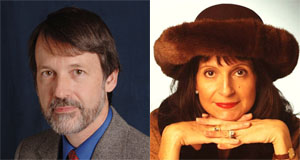
All photos are courtesy of C.M. Rubin.
A globális keresési Oktatási, velem és világszerte elismert szellemi vezetők többek között Sir Michael Barber (UK), DR. Michael blokk (Az US), DR. Leon Botstein (Az US), Professzor Clay Christensen (Az US), DR. Linda Darling-Hammond (Az US), DR. Madhav Chavan (India), Professzor Michael Fullan (Kanada), Professzor Howard Gardner (Az US), Professzor Andy Hargreaves (Az US), Professzor Yvonne Hellman (Hollandiában), Professzor Kristin Helstad (Norvégia), Jean Hendrickson (Az US), Professzor Rose Hipkins (Új-Zéland), Professzor Cornelia Hoogland (Kanada), Tisztelt Jeff Johnson (Kanada), Mrs. Chantal Kaufmann (Belgium), DR. Eija Kauppinen (Finnország), Államtitkár Tapio Kosunen (Finnország), Professzor Dominique Lafontaine (Belgium), Professor Hugh Lauder (UK), Professor Ben Levin (Kanada), Lord Ken Macdonald (UK), Professzor Barry McGaw (Ausztrália), Shiv Nadar (India), Professzor R. Natarajan (India), DR. PAK NG (Szingapúr), DR. Denise Pope (US), Sridhar Rajagopalan (India), DR. Diane Ravitch (Az US), Richard Wilson Riley (Az US), Sir Ken Robinson (UK), Professzor Pasi Sahlberg (Finnország), Andreas Schleicher (PISA, OECD), DR. Anthony Seldon (UK), DR. David Shaffer (Az US), DR. Kirsten Magával ragadó Are (Norvégia), Chancellor Stephen Spahn (Az US), Yves Theze (Lycee Francais-beli), Professor Charles Ungerleider (Kanada), Professzor Tony Wagner (Az US), Sir David Watson (UK), Professzor Dylan Wiliam (UK), DR. Mark Wormald (UK), Professzor Theo Wubbels (Hollandiában), Professzor Michael Young (UK), és professzor Minxuan Zhang (Kína) mivel azok feltárása a nagy kép oktatási kérdés, hogy minden nemzet ma szembesül. A Global Search Oktatási közösségi oldal
C. M. Rubin a szerző két legolvasottabb internetes sorozat, amely megkapta a 2011 Upton Sinclair díjat, “A Global Search for Education” és “Hogyan fogjuk olvasása?” Ő a szerzője a három bestseller könyv, Beleértve The Real Alice Csodaországban.
Kövesse C. M. Rubin on Twitter: www.twitter.com/@cmrubinworld


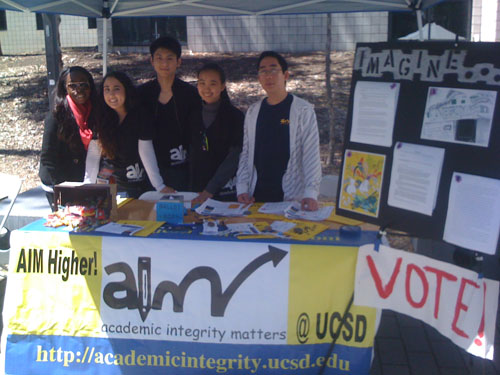
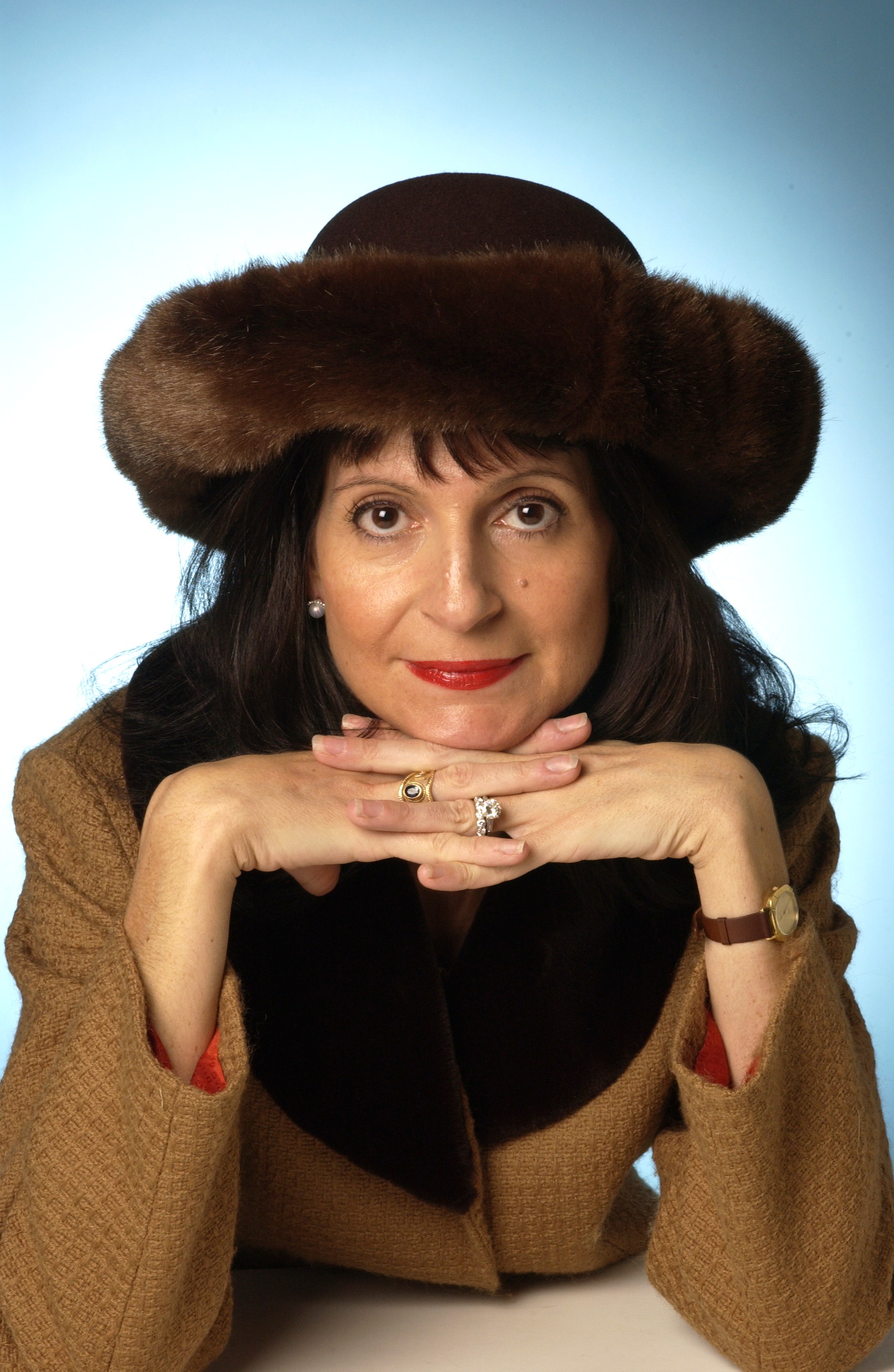
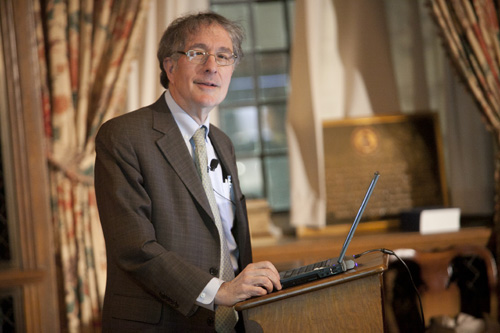
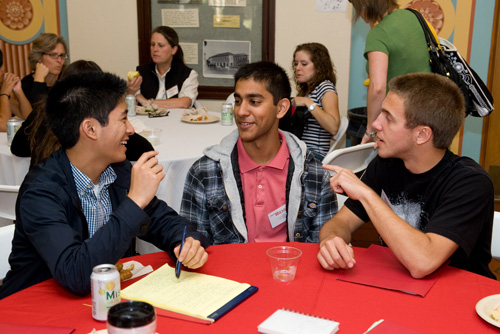
Legutóbbi hozzászólások